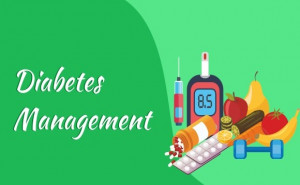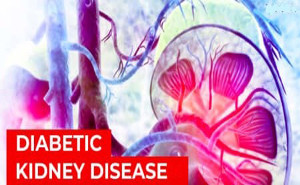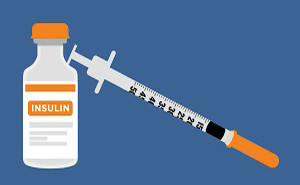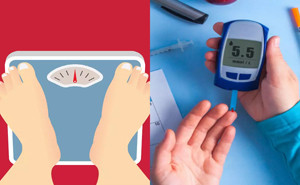Anti-diabetic-parenteral-hypoglycemic-drugs
Pharmacologic Approaches to
Glycemic Treatment:
The goals
in caring for patients with diabetes mellitus are to eliminate symptoms and to
prevent, or at least slow, the development of complications. FIND BELOW TREATMENT RECOMMENDATIONS FOR TYPE 2 DIABETES:
JAMA Internal Medicine: Published on May, 2023Diabetic kidney disease is the leading cause of chronic
kidney disease and end-stage kidney failure in the vast majority of the
world. TAKE-HOME MESSAGEThis randomized clinical trial evaluated the use of
glucose-lowering medications on kidney outcomes. A total of 5047 patients with type 2 diabet...
In patients with type 2 diabetes
mellitus, insulin may be used to augment therapy with oral glycemic medications
or as insulin replacement therapy.The goals of therapy should be
individualized based on many factors, including age, life expectancy, comorbid
conditions, duration of diabetes, risk of hypoglycemia, cost, patient motivation,
and qu...
DIET, PHYSICAL ACTIVITY, AND BEHAVIORAL
THERAPY
Diet, physical activity, and
behavioral therapy designed to achieve and maintain >5% weight loss
should be prescribed for patients with type 2 diabetes who are overweight
or obese and ready to achieve weight loss.
Such interventions should be high
intensity (≥16 sessi...
Obesity is now recognised as a
disease that is associated with serious morbidity and increased mortality. One
of its main metabolic complications is type 2 diabetes, as the two conditions
share key pathophysiological mechanisms. Weight loss is known to reverse the
underlying metabolic abnormalities of type 2 diabetes and, as such, improve
gluc...
Insulin Initiation in Patients
with Type 2 Diabetes
Insulin initiation and titration is
a challenge for many primary care providers (PCPs) involved in the treatment of
patients with type 2 diabetes. What are ADA recommendations?The early introduction of insulin should be considered -· if
there is evidence of ongoing catabolism (weight...





